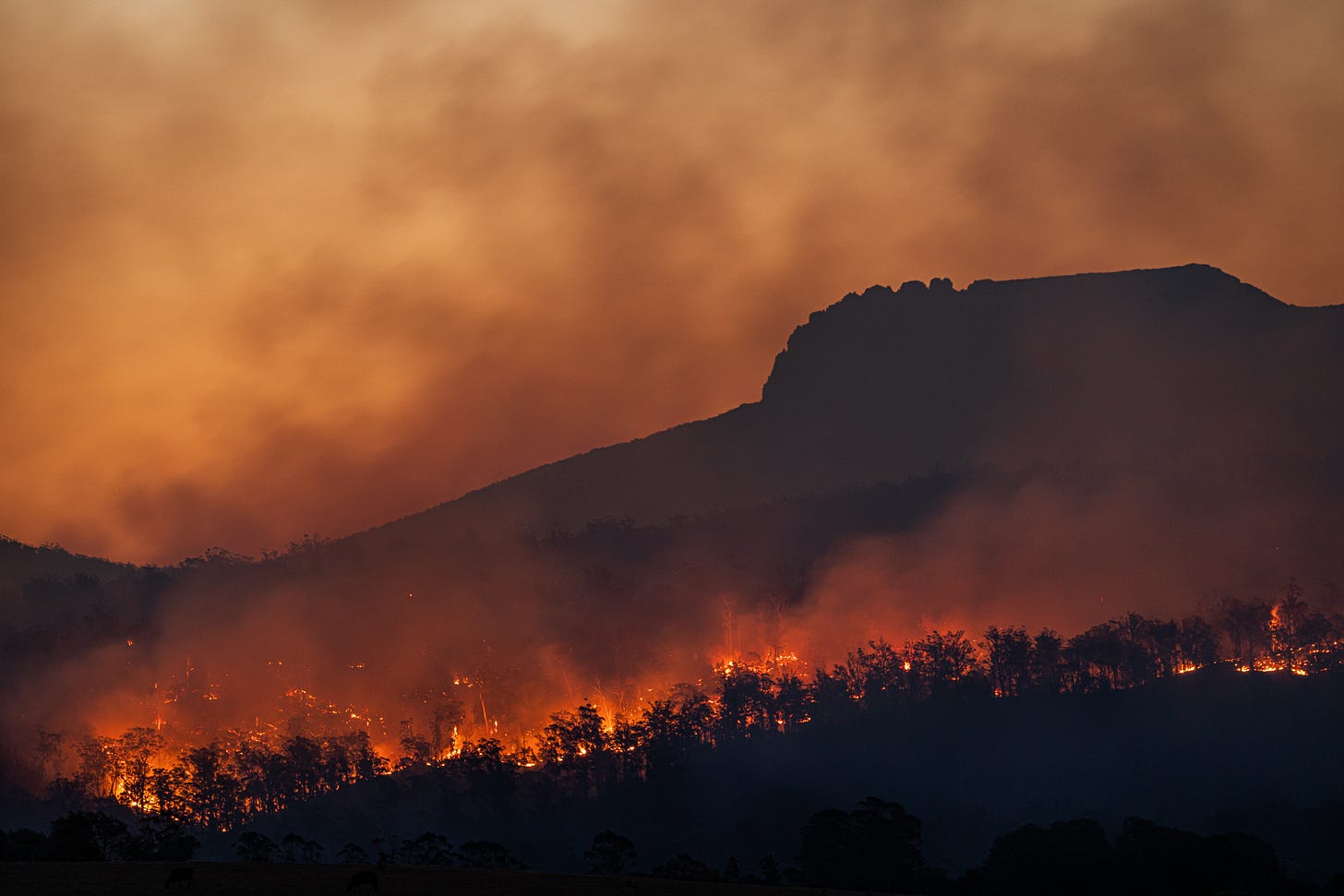Regional Survey Shows Climate Worries a Top Concern Post Pandemic
Almost three years since Covid-19 was declared a global pandemic, Southeast Asia has moved beyond the health concerns of the contagion to focus on the socio-economic impacts that confront the region, such as the effects of climate change and evolving geopolitical tensions.
This according to the “The State of Southeast Asia 2023 Survey Report”, the latest report conducted by the ASEAN Studies Centre at the ISEAS – Yusof Ishak Institute.
The survey found unemployment and economic recession, impacts of climate change, the widening of socio-economic gaps and rising income disparity as well as military tensions, are the region’s most pressing challenges.
57.1% of Southeast Asians said that more frequent and intense weather events is the region’s second biggest challenge, with 76.8% of Philippine respondents saying that climate change is their biggest threat, overtaking unemployment and recession, as the pain of destruction was felt most acutely from Typhoon Nalgae at the end of October 2022.
Besides the Philippines, climate change is also the city-state Singapore’s top challenge at 60.1%. Brunei and Vietnam express similarly strong worries about the climate threat at 74.2% and 64.7% respectively.
Climate change is also Malaysia’s and Indonesia’s second-ranked challenge at 61.3% and 60.3% respectively.
The survey was offered in seven language options – English, Bahasa Indonesia, Burmese, Khmer, Lao, Thai and Vietnamese, and a total of 1,308 respondents from ten Southeast Asian countries took part in the survey.
#climatechange #income disparity





